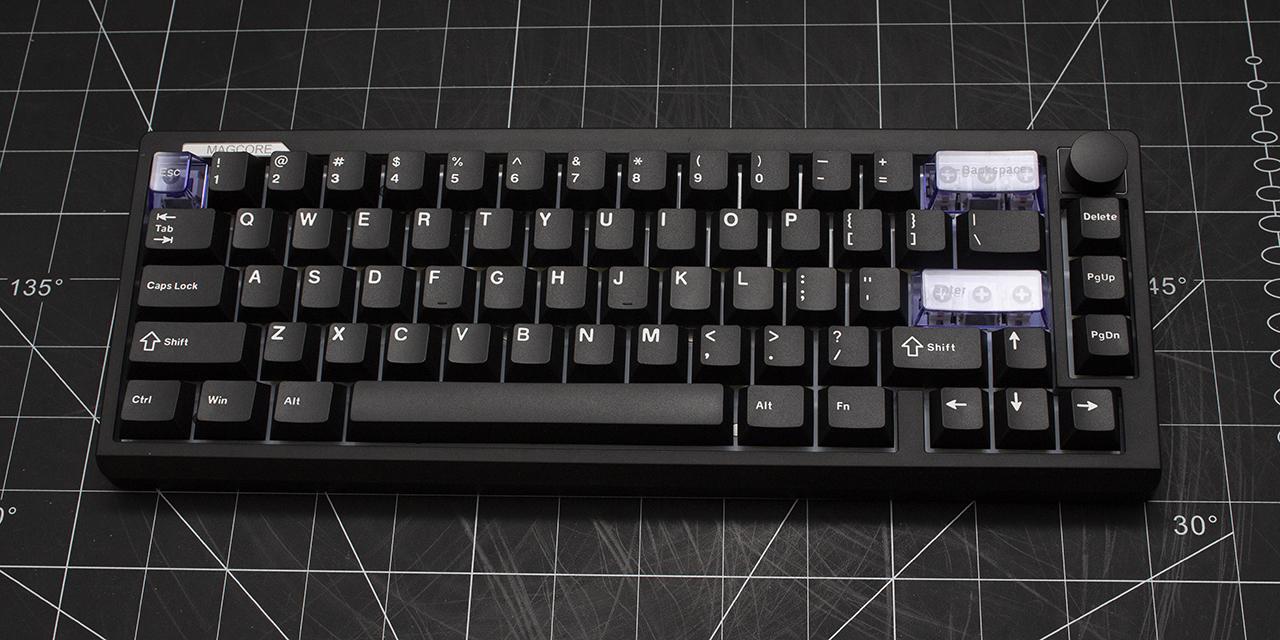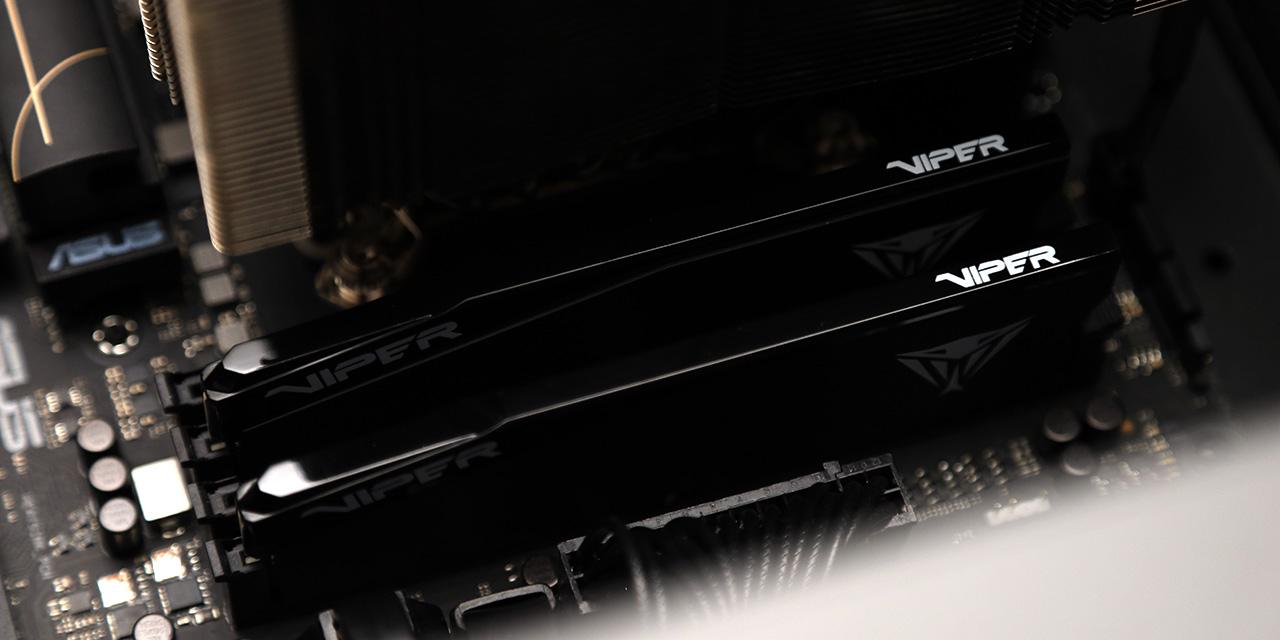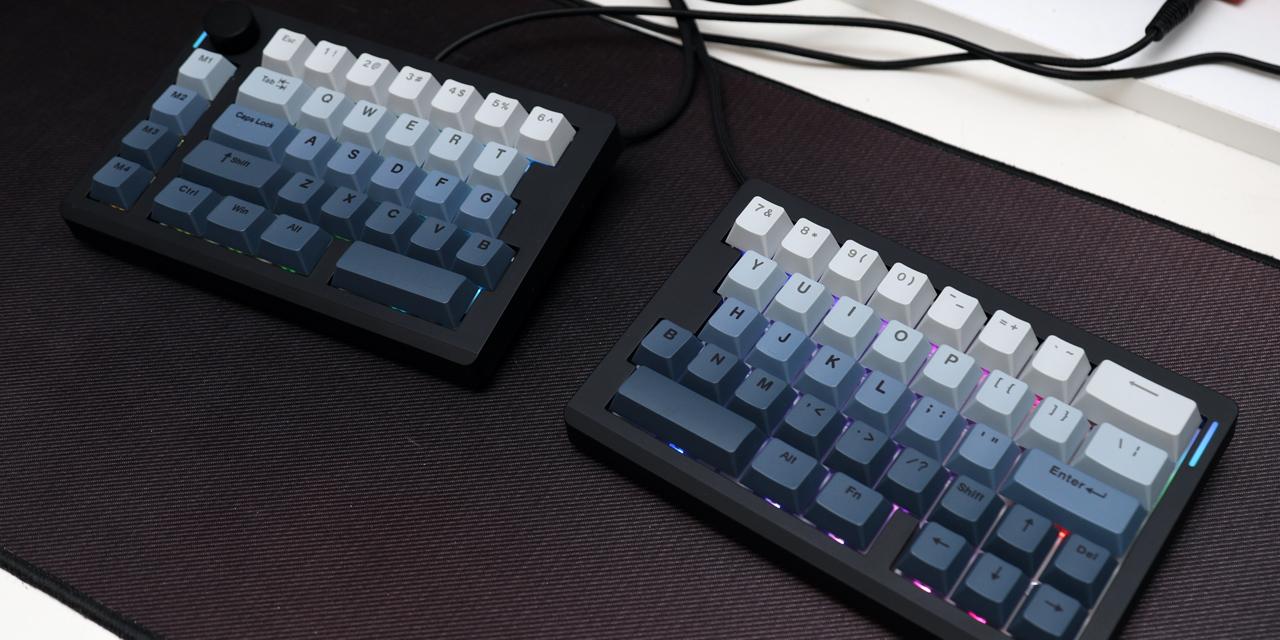From PC World: Qualcomm paved the way for a new 64-bit generation of ARM processors Monday, announcing the Snapdragon 410 processor that will hit smartphones in the second half of 2014.
Qualcomm also said that it had decided to make LTE a common technology across all of its Snapdragon platforms, from its cheapest chips for Third World countries all the way up to its latest, most sophisticated systems on chips (SOCs) for high-end smartphones.
By itself, the Snapdragon 410 will be decidedly middling; the chip is designed for sub-$150 smartphones, according to a statement by Jeff Lorbeck, the senior vice president and chief operating officer for Qualcomm Technologies China. But ARM previously set the third and fourth quarters of this year for announcements and early samples of 64-bit chips, and the licensees are apparently beginning to deliver on that promise. (The Snapdragon 410 will sample in the first quarter of 2014.)
Why is a 64-bit ARM chip important? At this point, the significance is dubious. In general, the shift to 64-bit architectures lays the groundwork for a future in which memory-intensive applications and operating systems prevail–the reason, analysts said, that Apple designed the iPhone 5S around a 64-bit chip, the A7.
But more sophisticated apps and operating systems are coming, and will be built on chips such as the 410. For now, however, you should expect that phones designed around the Qualcomm Snapdragon 800 architecture, for example, to offer more performance.
”The Snapdragon 410 chipset will also be the first of many 64-bit capable processors as Qualcomm Technologies helps lead the transition of the mobile ecosystem to 64-bit processing,” Lorbeck said.
View: Article @ Source Site





